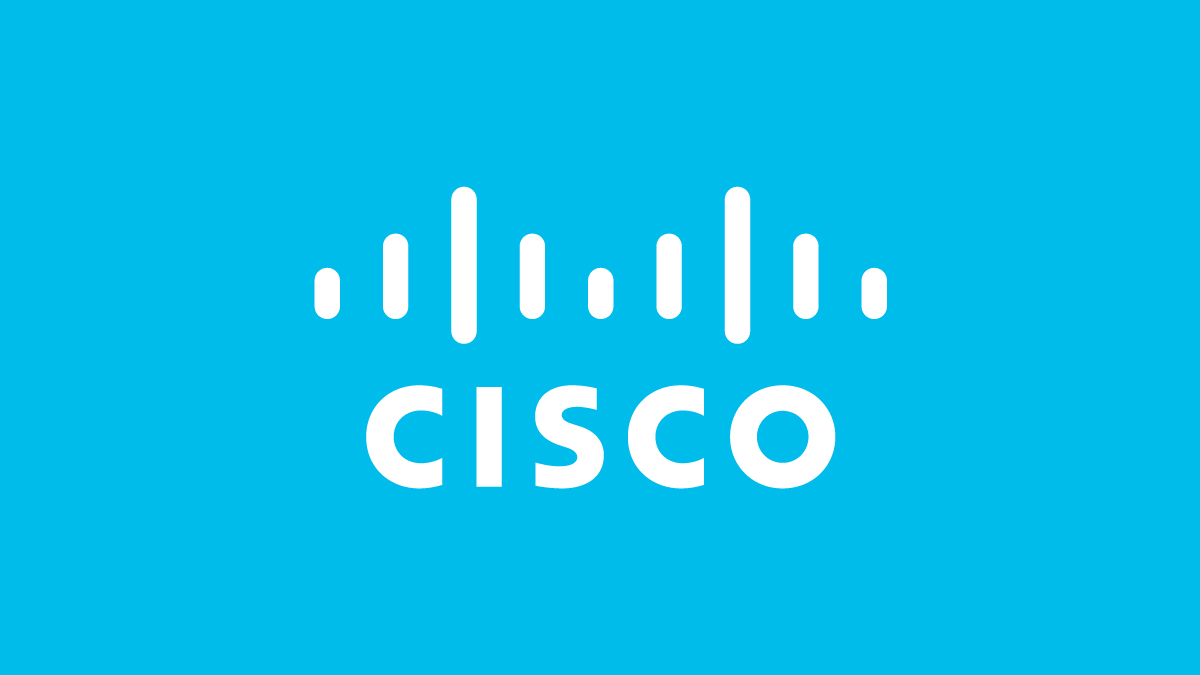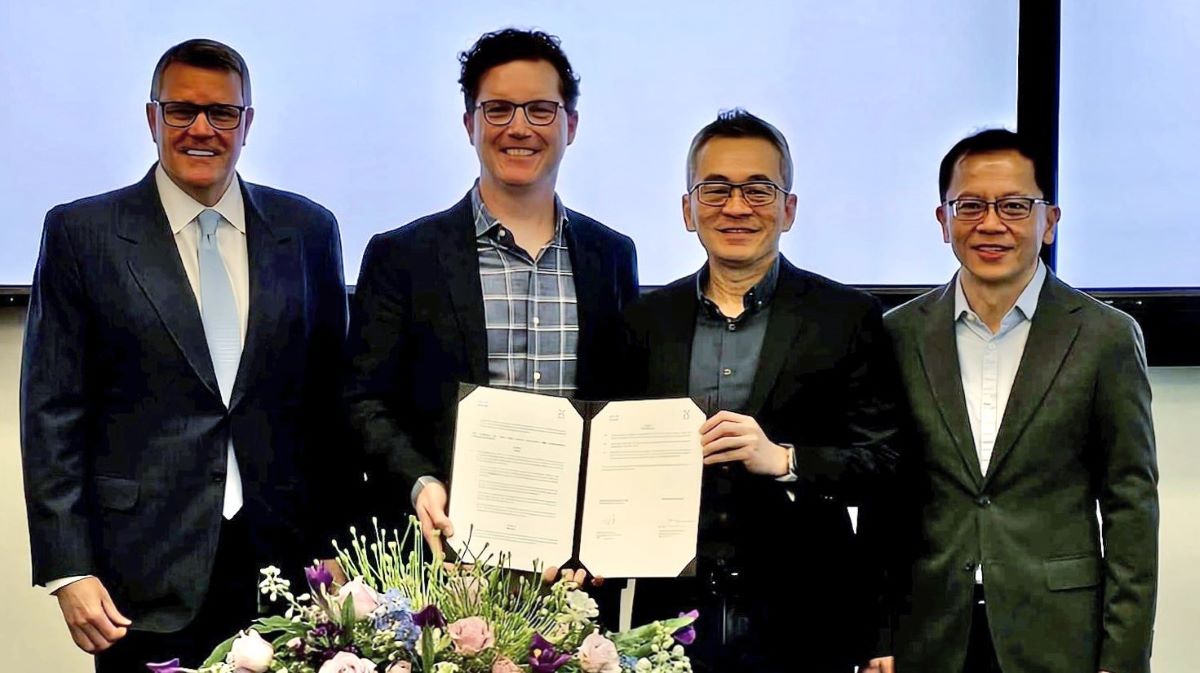Barcelona, November 14, 2012 - Barcelona's City Council, GDF SUEZ, Cisco and more than 30 cities plus organizations and universities from all over the world have agreed to officially launch the City Protocol as the first certification system for smart cities, as well as the City Protocol Society, an organization set up to manage it.
The announcement is taking part within the second annual edition of the Smart City Expo World Congress hosted in Barcelona. It is the result of an international meeting celebrated in July, under the title of Building Better Cities Together and the ongoing work around the definition of the methodology behind creating an urban innovation model, based on standards definition, platform integration, and technology and solutions development.
This initiative is also part of the collaboration between Cisco and Barcelona's City Council last March that envisages several strategic projects such as the Cisco® Smart+Connected Communities™ platform and a City Framework that will define the information and communication technology (ICT) aspects of the City Protocol, which will be embedded into the overall City Protocol model.
On that basis, City Protocol is a delivery-focused network of global cities that, in partnership with industry, research agencies and other organizations, is developing common approaches and solutions to help cities build a sustainable future. By utilizing knowledge and experiences of real city transformations, this trusted and open community offers curated guidance so that cities do not have to navigate this journey alone.
Key Highlights
City Protocol refers to both a program of activity and to an organization that is being set up to manage it.
The program
- City Protocol (CP) is a new, distinctive and substantial program that will enable better understanding and collaboration among the different stakeholders (cities, academia, institutions, companies, and society) that are involved in the development of more sustainable, efficient, cohesive and innovative smart cities. It will deliver benefits both within and between cities, by addressing cities in an integrated, systematic way.
- The program will be developed on an open, transparent, principled and collaborative basis, to deliver truly shared, trusted and universally useful outcomes. Using a process modelled on the way the Internet Protocol (IP) is managed to enable its continual evolution and development, the results will be thought out, debated and developed openly and internationally, using the best thinking and expertise within the City Protocol community.
- The CP program will deliver agreements developed to address issues agreed by the community. These will lead to both:
- CP-endorsed city projects and policies: projects and policies tested in cities that can be used as exemplars for other cities, along with indicators and certifications for those same projects and policies;
- Recommendations and technology standards for industry: industry-based standards, technologies and solutions which are standardized on a CP basis.
The organization
- The City Protocol Society (CPS) will be a membership-based organization whose role will be to manage the City Protocol programme. Membership will be open to city councils, industry, research organizations and other agencies involved in city transformation. However, city councils will have the largest representation in order to ensure that the CPS is focused around the needs of cities to transform themselves to meet the immense challenges they face.
- The details of the membership, resourcing needs and other issues will be developed by the City Protocol community over the next few months.
- The official launch of the CPS sets out the roadmap for the society to be fully operational by April 2013.
Supporting quotes:
- Barcelona Mayor Xavier Trias: "The City Protocol Society that we are presenting to the world is an invitation to create a new economy based in cities. We join cities around the world, private companies, research centers and universities to develop shared solutions that solve the problems we face today and help us to improve our citizens lives. This collaboration between cities is now more important than ever and we have to take it forward with this new model of public-private collaboration".
- Jordi Botifoll, senior vice president for LATAM: "As city officials, academics and enterprises alike seek to address some of the challenges in building and managing smarter and connected cities and communities, the City Protocol launch is a successful beginning. Cisco stands committed to this important initiative and when we look back to this date from the future, we should feel proud of a legacy we created together in an open and collaborative way."
Additional resources:
- Video: Anil Menon, president of Smart+Connected Communities and Cisco Globalization, announcing the new City Protocol.
- Video: Cities of the future.
- Follow ongoing news about the City Protocol on http://www.cityprotocol.org.
- Further information about the Cisco Smart+Connected Communities initiative: http://www.cisco.com/go/smartconnectedcommunities.
- Follow Cisco Smart+Connected Communities on Facebook: http://www.facebook.com/CiscoSCC.
- Follow Cisco Smart+Connected Communities on Twitter: http://twitter.com/CiscoSCC
- Follow Cisco Spain on Twitter: http://twitter.com/cisco_spain
About Cisco
Cisco (NASDAQ: CSCO) is the worldwide leader in networking that transforms how people connect, communicate and collaborate. Information about Cisco can be found at http://www.cisco.com. For ongoing news, please go to http://newsroom.cisco.com
# # #
Cisco and the Cisco logo are trademarks or registered trademarks of Cisco and/or its affiliates in the U.S. and other countries. A listing of Cisco's trademarks can be found at www.cisco.com/go/trademarks. Third-party trademarks mentioned are the property of their respective owners. The use of the word partner does not imply a partnership relationship between Cisco and any other company.




